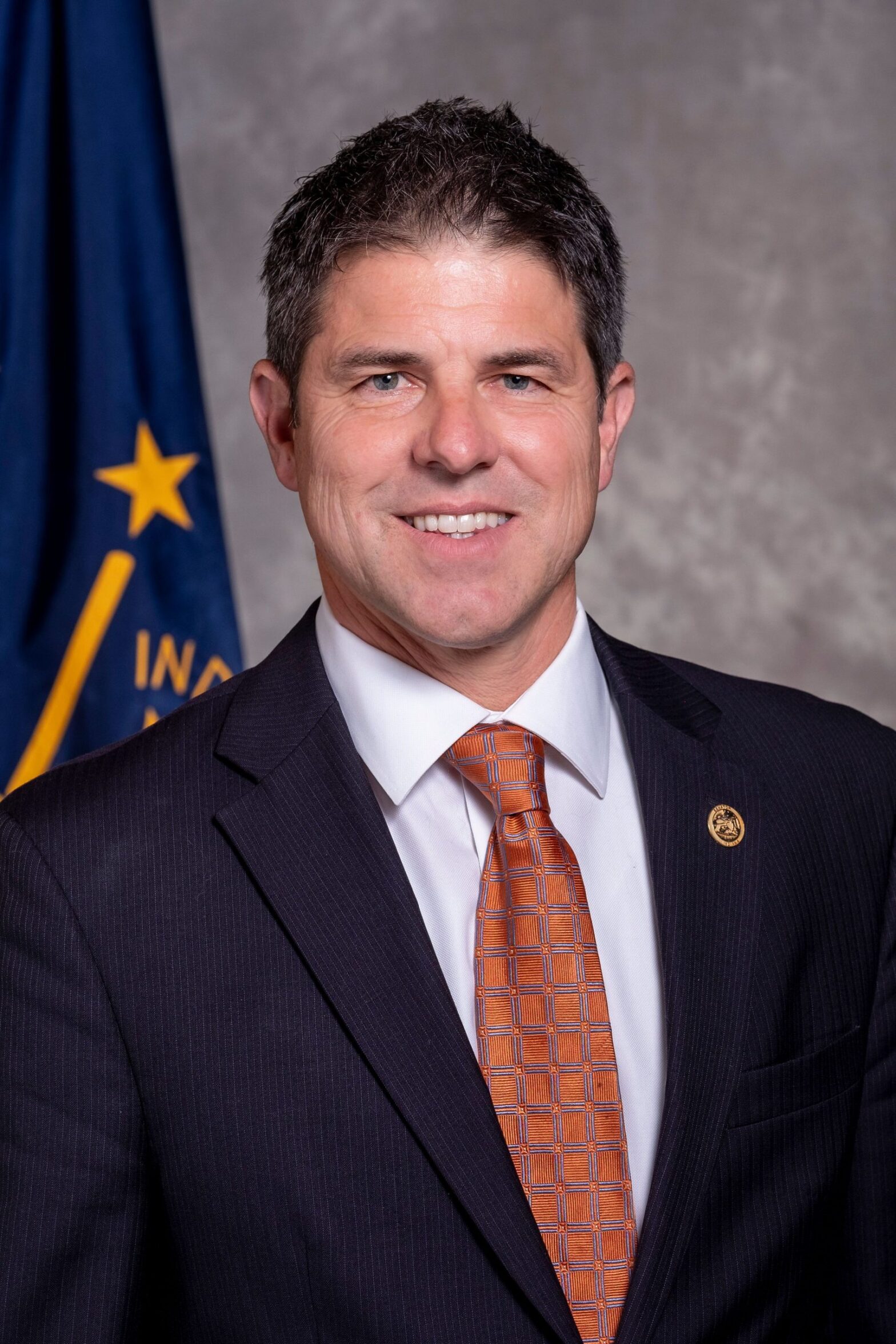
Our biography tab offers personal information about candidates drawn from their campaign
websites, social pages and staff research as well as information submitted directly to The Indiana
Citizen.
| Personal | |
|---|---|
| Education : | Valparaiso University School of Law JD, LawJD, Law 1991 - 1994 Valparaiso University Doctor of Law (JD), Law 1991 - 1994 |
| Professional Experience : | State Senator District #37 Indiana State SenateIndiana Jan 2013 - Present · 11 yrs 4 mos District 37, Morgan, Johnson, Putnam and Owen Counties Attorney Bray Law OfficeBray Law Office Mar 2004 - Present · 20 yrs 2 mos |
| Political Experience : | Republican |